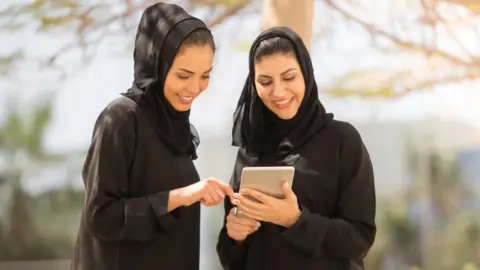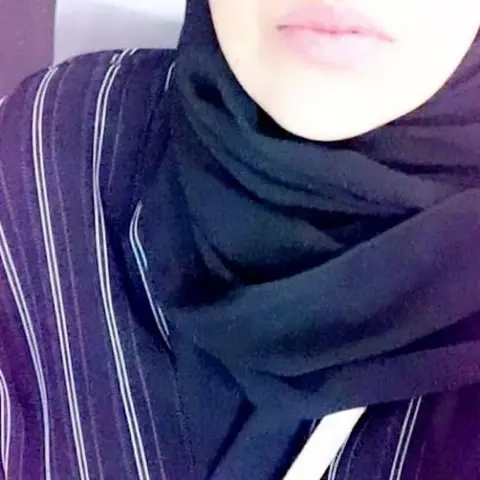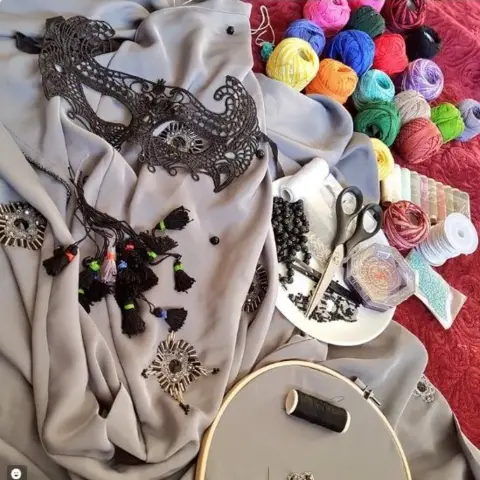Saudi women respond to cleric's advice on acceptable attire
 GCShutter
GCShutterWomen in Saudi Arabia have criticised a Saudi cleric's advice that they should not wear embroidered clothes and avoid make up.
Mohammed Alarafe, a prominent Muslim scholar in Saudi Arabia, issued the advice on the abaya, a loose fitting robe which covers the whole body except the face, feet and hands. It is mainly worn in countries with large Muslim populations and can vary in style and colour.
On Sunday Mr Alarafe posted on Twitter: "O daughter: Don't buy any abaya that has any decorations. No embellishment, no slits, no openings. Please, daughter, don't show any makeup, and don't wear makeup like in Jahiliyyah (pre-Islamic) era."
You might also like:
Many women responded sarcastically to the cleric's guidance on acceptable attire by sharing pictures of their abayas and asking Dr Arifi for approval.
However, his advice has been retweeted more than 31,000 times on Arab Twitter, a large but loose collection of people tweeting in Arabic, mostly living in Gulf countries.
 @vegialaa/Twitter
@vegialaa/TwitterOne woman posted a picture of her clothes and asked: "What do you think of my abaya, sheikh? Next time, I will buy a colourful, embroidered one with slits. I will try to buy an abaya that even people in the pre-Islamic era did not wear."
Another tweeted: "I would like to share a selection of wonderful revealing abayas."
While another twitter user asked whether her abaya was still unacceptable, given she did not live in Saudi Arabia: "I was just embroidering my open, crazy, bling abaya. But this is considered modest and not revealing according to the rituals of each country. I am from Palestine not Saudi Arabia."
 Ana_iba2/Twitter
Ana_iba2/TwitterThe abaya is gaining prominence in the growing Muslim fashion industry with appearances on international catwalks and in magazines. Many shops including Harrods have also stocked abayas for their customers as designers seek to make the garment global.
But for some in Saudi Arabia the abaya is more a requirement in Islam rather than a fashion statement. The idea it can be both in the deeply conservative country is considered a contradiction, as Saudi women are expected to protect their modesty from the prying eyes of men.
In December 2016 a picture of a Saudi woman standing on a Riyadh street, without an abaya created an outcry on social media.
The picture, purportedly of a woman called Malak, or Angel, Al Shehri, prompted more than 9,000 tweets of a hashtag calling for her arrest.
By the UGC and Social News team; Additional reporting by BBC Monitoring
You can follow BBC Trending on Twitter @BBCtrending, and find us on Facebook. All our stories are at bbc.com/trending.